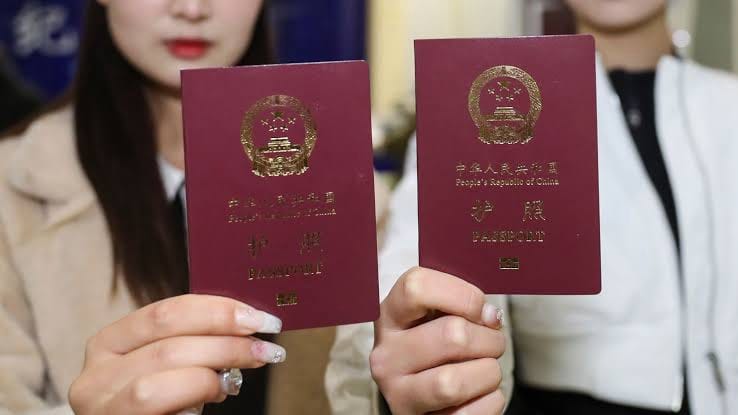Ecuador suspends visa waivers for Chinese citizens over irregular migration

Ecuador is temporarily suspending a visa waiver agreement with China, citing evidence of irregular migration flows of Chinese citizens through the small South American country.
A statement from the Ecuadorian Foreign Ministry on Tuesday said that about half of Chinese citizens who entered the country in recent months did not leave through “regular routes” or within the 90 days they were permitted to stay.
The ministry added that people in those cases either remain in the country in an “irregular migration situation,” or have left through “irregular routes to other destinations in the Hemisphere.”
The South American nation is often considered the starting point of a long land journey that Chinese migrants take to reach the US – what is known as “zou xian” or taking the “walking route.”
CNN has previously reported on the cottage industry of businesses that caters to the border-bound in Quito, starting with airport pickups to arranging stays at Chinese-run hostels and organizing the journey north – often for a hefty fee.
In 2023, Ecuador documented 48,381 entries by Chinese nationals and about 24,240 exits, leaving a difference of 24,141 – the highest number of any nationality, according to data from the national statistics institute. By contrast, Ecuador documented around 13,000 Chinese nationals entering in 2022.
Ecuador said it is committed to the security of visitors to prevent them from being victims of human trafficking as well as ensuring “adequate national immigration control.”
Asked about Ecuador’s decision to suspend visa waivers, Chinese foreign ministry spokesperson Lin Jian said, “Since the China-Ecuador Mutual Visa Exemption Agreement came into effect in August 2016, it has played a positive role in bilateral personnel exchanges and practical cooperation in various fields.”
Lin added that China “firmly opposes any form of smuggling activities” and that its law enforcement agencies have “vigorously cracked down on illegal crimes that impede border management.”















